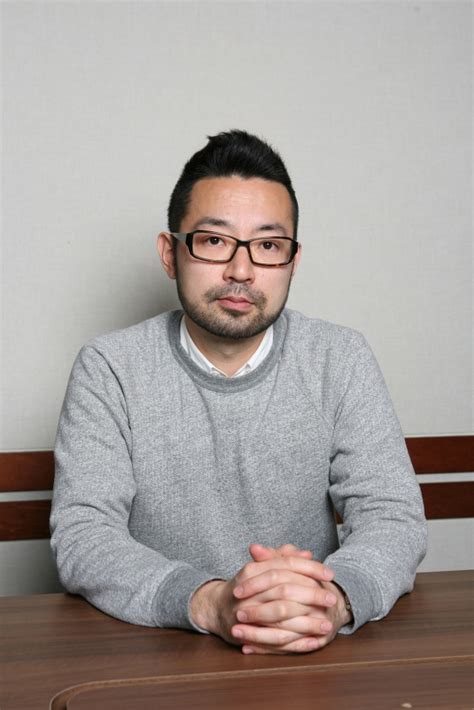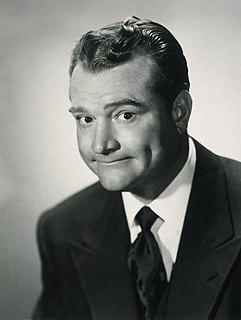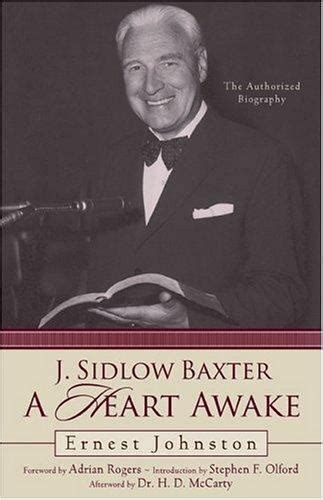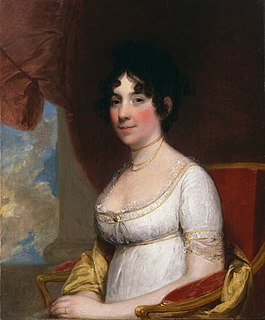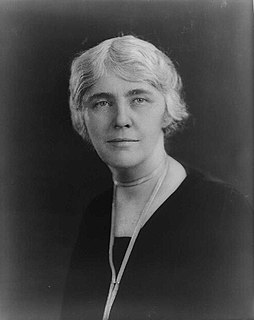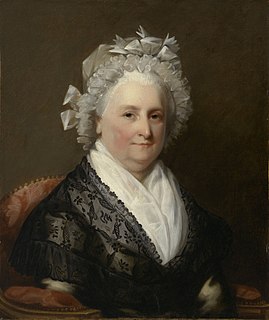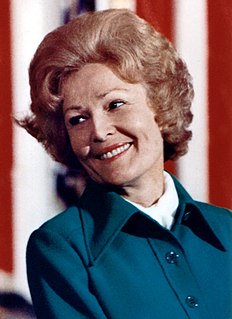A Quote by Abigail Adams
Many of our disappointments and much of our unhappiness arise from our forming false notions of things and persons.
Related Quotes
It is not true that the legislator has absolute power over our persons and property, since they pre-exist, and his work is only to secure them from injury. It is not true that the mission of the law is to regulate our consciences, our ideas, our will, our education, our sentiments, our works, our exchanges, our gifts, our enjoyments. Its mission is to prevent the rights of one from interfering with those of another, in any one of these things.
When we make a change, it's so easy to interpret our unsettledness as unhappiness, and our unhappiness as a result of having made the wrong decision. Our mental and emotional states fluctuate madly when we make big changes in our lives, and some days we could tight-rope across Manhattan, and other days we are too weary to clean our teeth. This is normal. This is natural. This is change.
When, and how, and at what stage of our development did spirituality and our strange notions of religion arise? the need for worship which is nothing more than our frightened refuge into propitiation of a Creator we do not understand? A detective story, the supreme Who-done-it, written in indecipherable hieroglyphics, no Rosetta stone supplied by the consummate Mystifier to tease us poor fumbling unravellers of his plot.
How do we allow God into our minds, bodies, relationships, and life? We stop squeezing the divine out through our preconceived notions of what is sacred and what is profane. When we assume the mind-set that everything is ultimately divine, though sometimes more disguised than others, then we can see that all of our thoughts, impulses, and desires arise from and can bring us back to awareness of the sacred.

